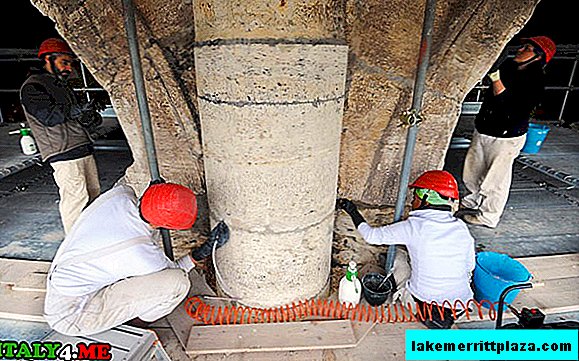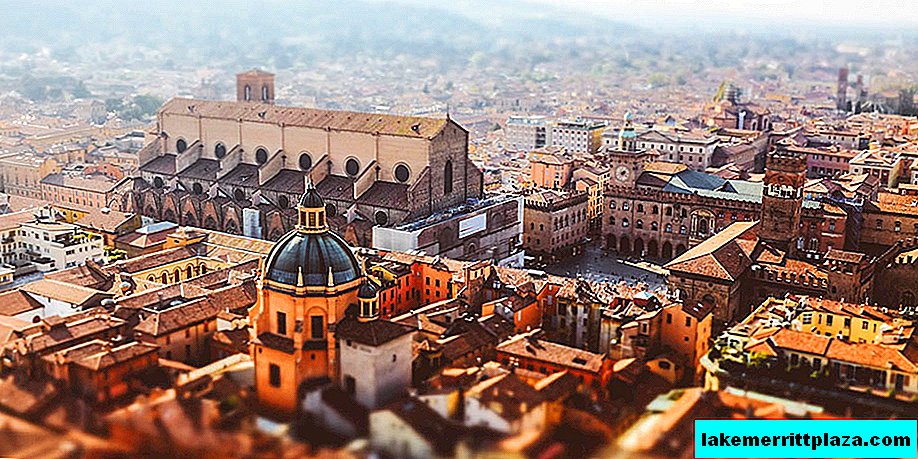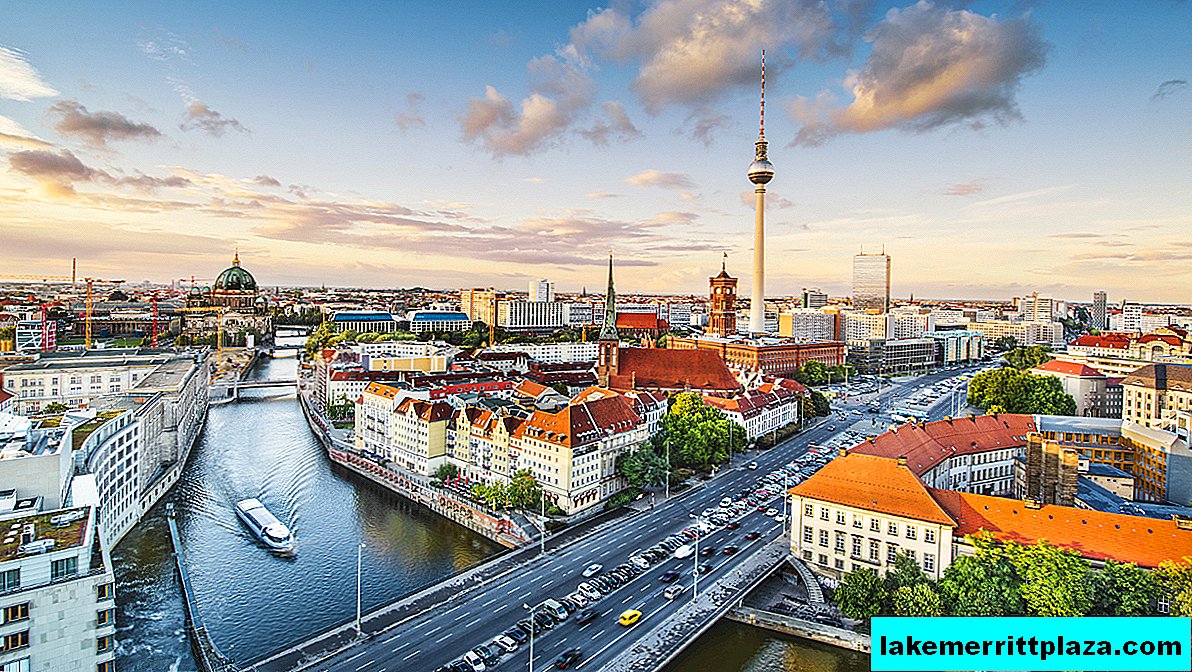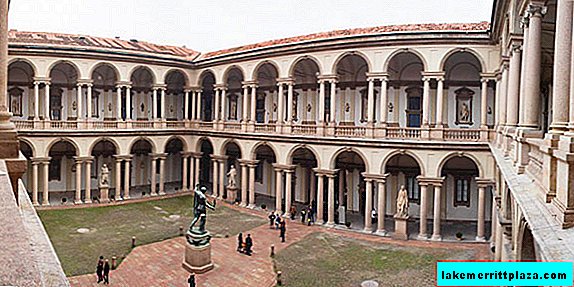Little by little, centimeter by centimeter, the Colosseum is being cleared of a centuries-old layer of pollution. Nearly 2,000 years have passed since Emperor Titus built an arena for bloody gladiatorial battles, hunting for wild animals and public executions. And now the world's largest amphitheater, located in Rome, waited for its reconstruction.
On the forests established around the most famous symbol of Rome, specialists work who thoroughly clean the dirt and soot that have deeply eaten into the walls of the building over the centuries of its existence. Their tools are simple but effective - toothbrushes. They are ideal for cleansing small cracks and cracks formed in the originally creamy white travertine (limestone variety) that the Colosseum is built from. Larger brushes are used to brush off giant stone blocks forming the 50-meter-high walls of the Flavian Amphitheater.

To soften the stone, small clouds of water suspension are sprayed over a contaminated area using a system of pipes and nozzles. After several hours of water exposure, specialists dressed in rubber boots, waterproof suits and gloves and armed with brushes set to work. “Here you need to be very attentive to details. That's why everything is done manually,” comments one of the project participants, architect Pia Petrangeli.
It is worth noting that the Colosseum, the construction of which began in 72 A.D. at the behest of Emperor Vespasian, and ended eight years later already under his son Emperor Titus, it is cleaned for the first time. Restorers remove the thick crust of black mud and streaks of green mold covering the walls of the historical monument, and leave behind a clean surface with a pinkish coating, which naturally forms on a creamy white travertine. This plaque is a kind of oxidation that does not harm the stone blocks, but protects them from urban pollution.
"The Colosseum is like an old man with a lot of wrinkles. We don’t want to do a facelift, just wash it. It is very important to preserve traces of past times," said Rossella Rea, director of the Coliseum. 80 giant vaulted arches leading to the arena will also be cleaned.
The restoration project, scheduled for completion in October 2016, is valued at 25 million euros. His sponsor was Tod's, an Italian high-quality shoe company. However, permission for the reconstruction was signed only a few years after the proposal made by Tod's owner, billionaire Diego Della Valle. All this time was spent on bureaucratic procedures and the struggle with various organizations to control cultural heritage.
The restoration team hopes that after them the Colosseum will not need cleaning for a long time. Especially if the mayor of Rome, Ignazio Marino (Ignazio Marino), keeps his promise and reduces the volume of transport moving along Via dei Fori Imperiali, passing in the immediate vicinity of the Coliseum.








